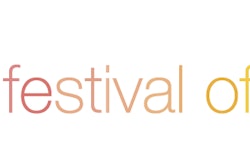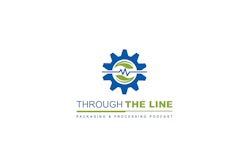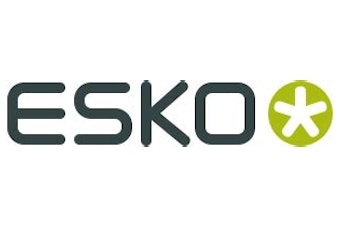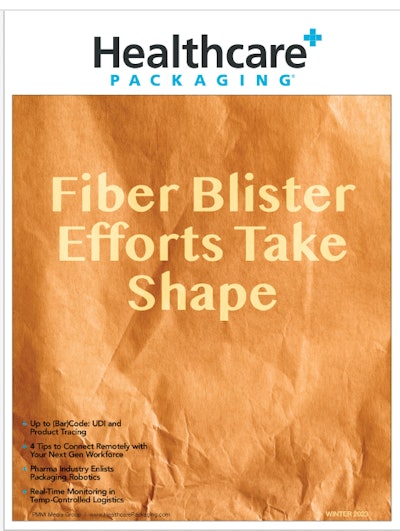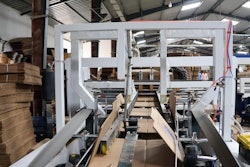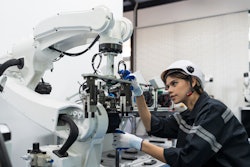
Philips has introduced its next-generation Advanced Visualization Workspace, including a new cardiac MR suite with a new workflow and user interface, new AI-powered CT ASPECT scoring, and enhanced CT liver analysis applications. The integrated diagnostic approach connects radiology, cardiology, pathology, and oncology to securely unite data and images across the enterprise, enabling earlier and more definitive diagnosis. Optimized algorithms help speed up imaging, enabling interpretation of massive datasets in seconds to drive diagnostic and operational efficiency.
The Philips’ next-generation Advanced Visualization Workspace platform with AI-enabled algorithms and workflows is vendor-neutral, providing a single, advanced platform for multiple modalities across cardiology, oncology, neurology, and radiology with a comprehensive suite of advanced visualization solutions to support care teams, and tailored to fit the needs of any hospital network, from a single workstation to an enterprise solution.
The Philips Advanced Visualization Workspace now includes more than 70 clinical applications for clinical insights, designed to support workflow and diagnostic confidence, as well as automated processing for multiple clinical domains across the continuum of care. New applications include the MR cardiac suite, an all-in-one environment for cardiac MR, providing one overview for all imaging data types to support diagnosis and report creation.
The new AI-powered CT ASPECT (Alberta Stroke Program Early CT Score) scoring feature indicates early signs of brain infarction on non-contrast CT scans for the management of ischemic stroke patients. The application automatically identifies ASPECTS regions of the brain via AI and generates an ASPECT score sent directly to the PACS (Picture Archiving and Communication System).
New features also include enhanced CT liver analysis, with tools to analyze and quantify the whole liver, liver segments, and user-defined regions of interest. With simple, more efficient connected workflows, the Philips’ solution helps reduce variability and staff workload, increase productivity, and enhance the patient and physician experience.
“Philips’ informatics solutions use intelligence to provide patient-centric insights, integrate advanced visualization tools into the workflow, and support clinical collaboration to speed up the detection of diseases by leveraging intelligence everywhere along the patient care journey,” says Reema Poddar, general manager, diagnostic and pathway informatics at Philips. “We are uniquely positioned to apply new, optimized algorithms to massive data sets to provide prescriptive analytics to our customers, helping them improve both clinical and operational efficiencies within their organizations.”





